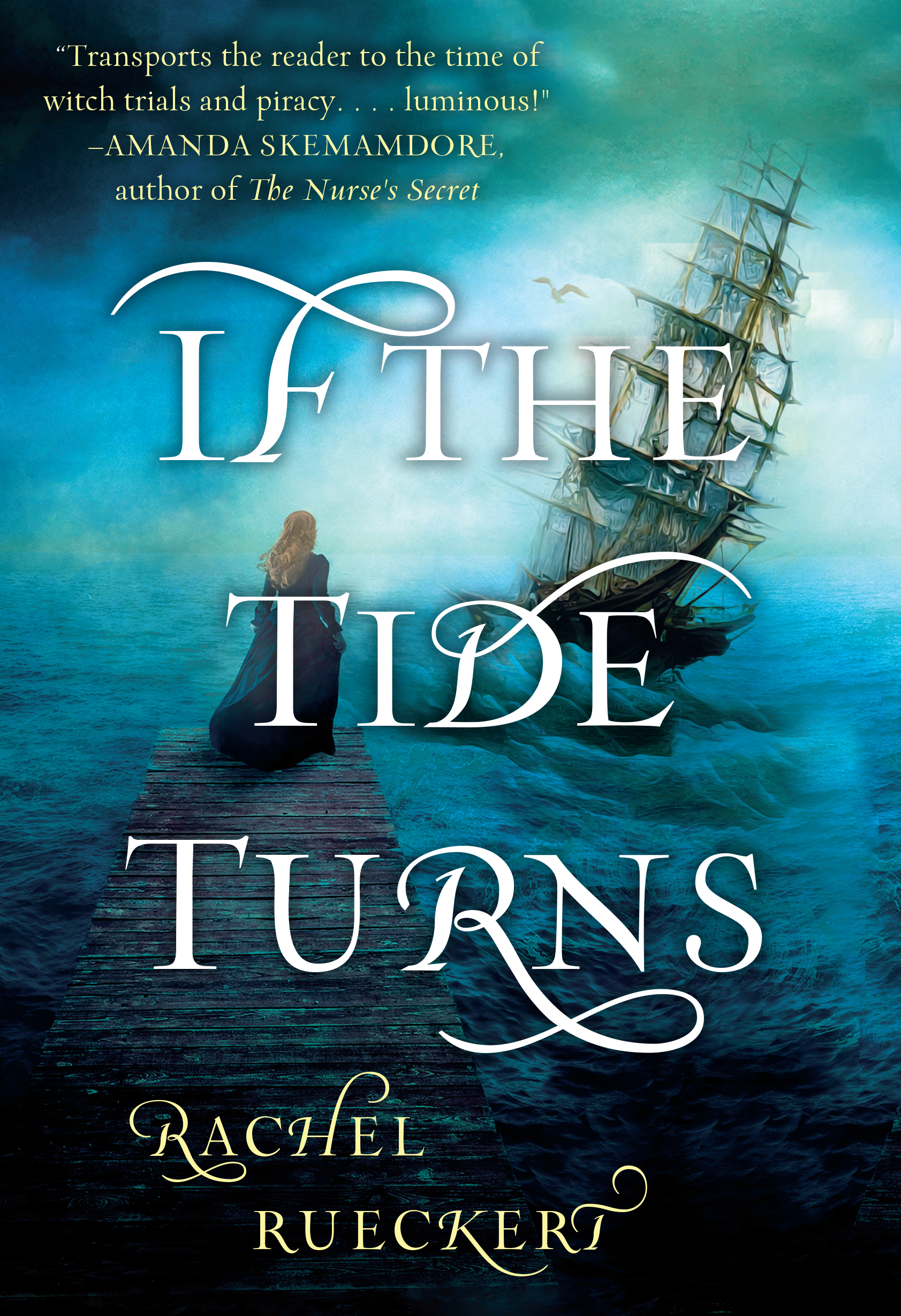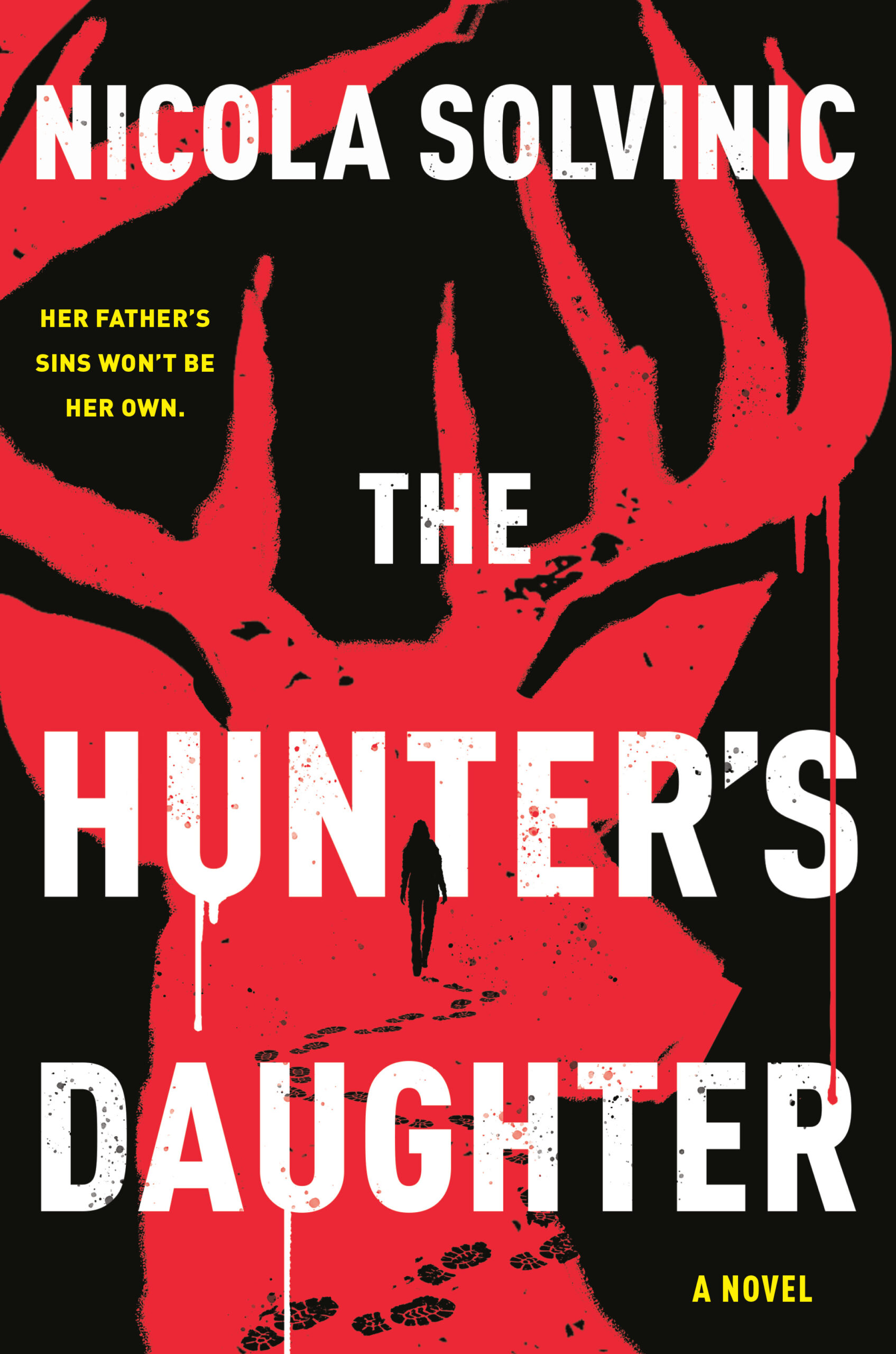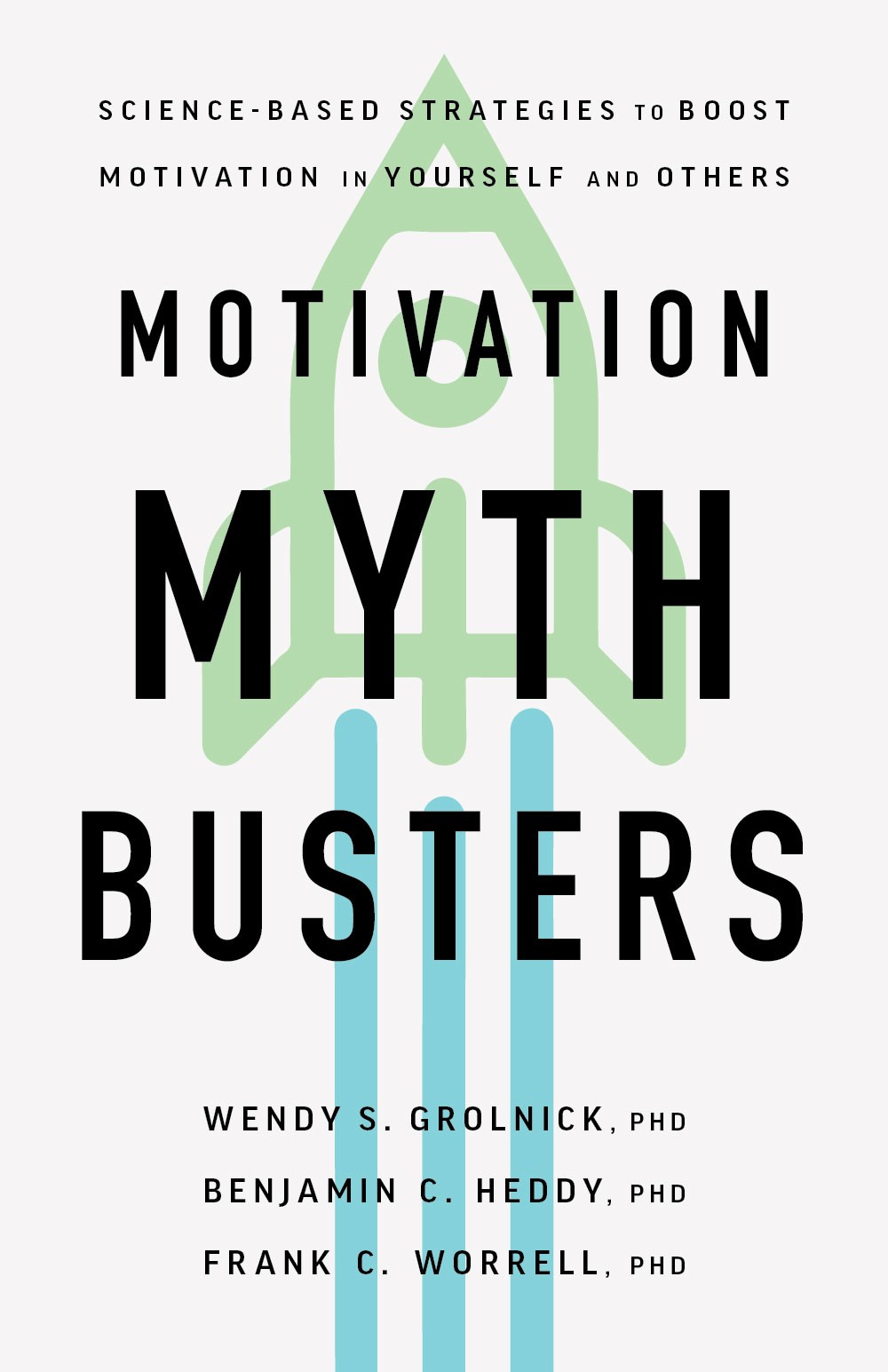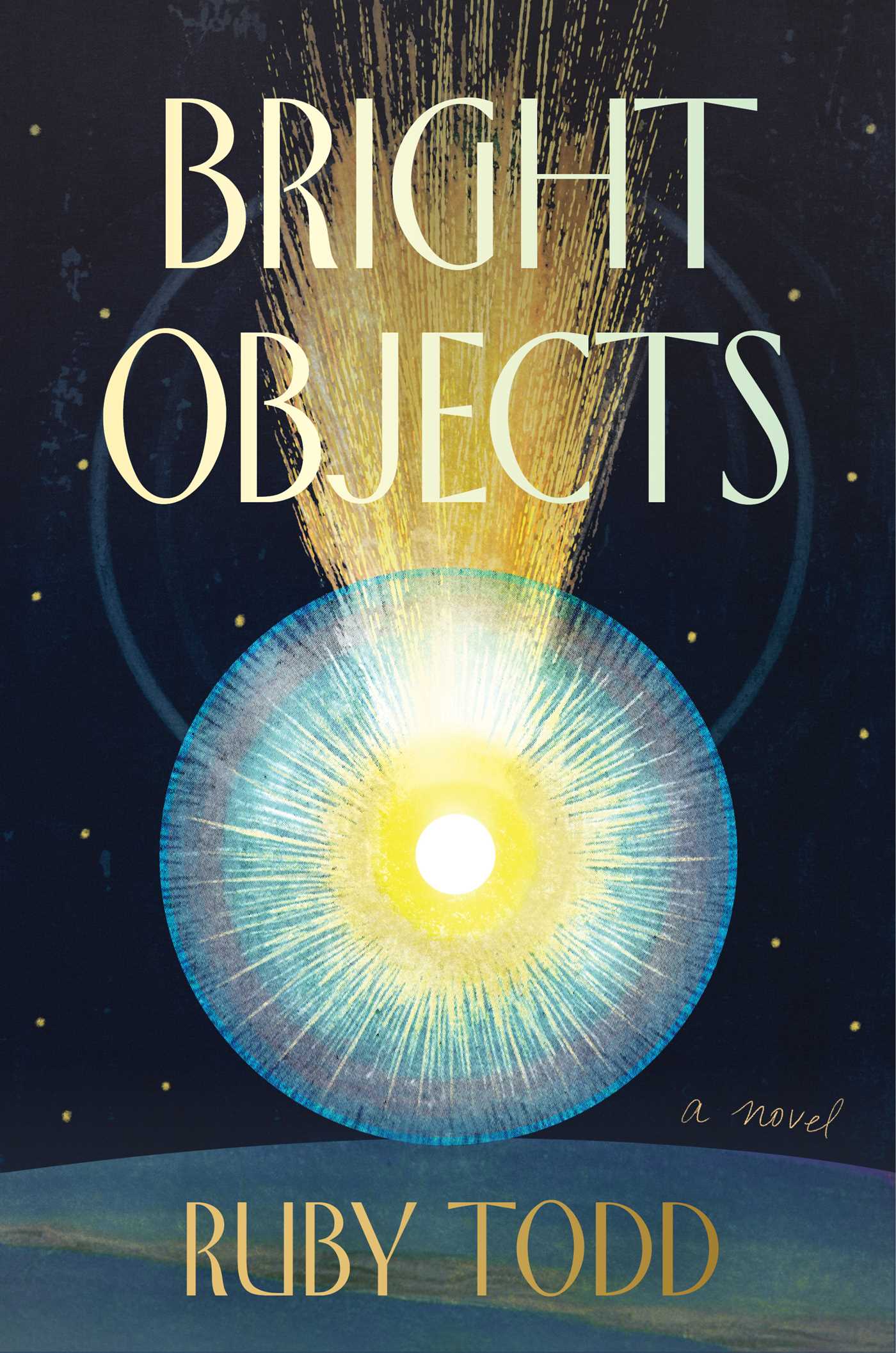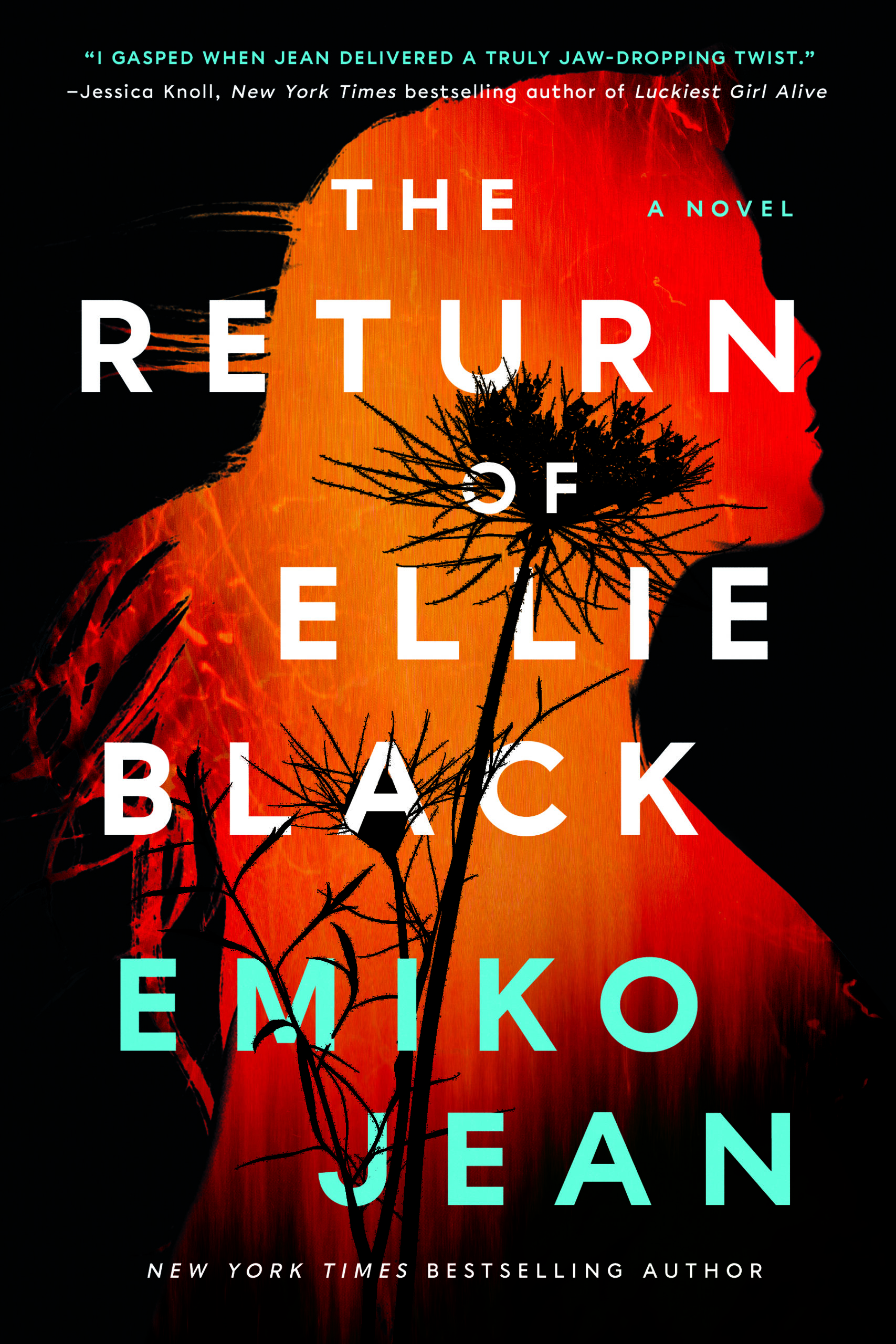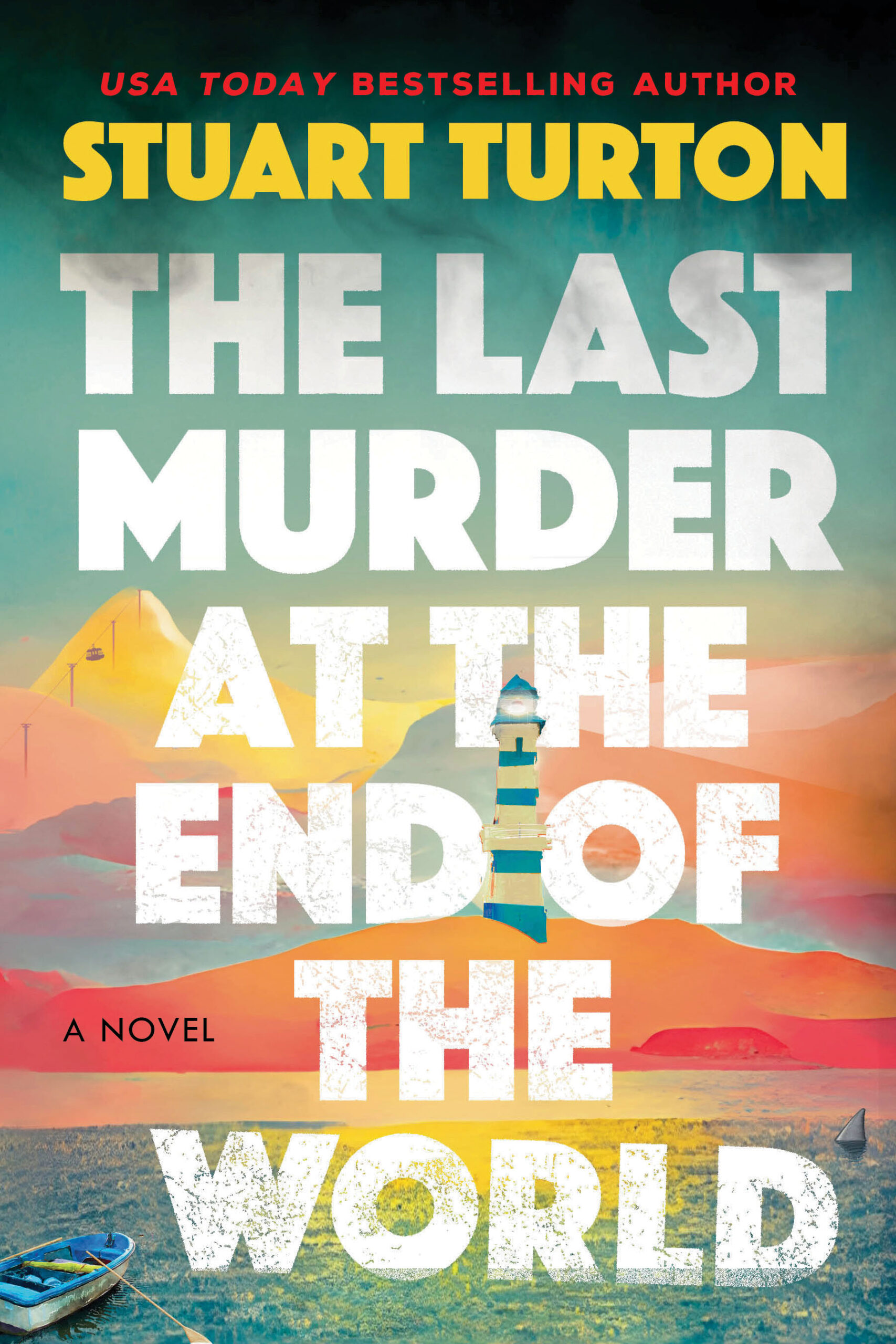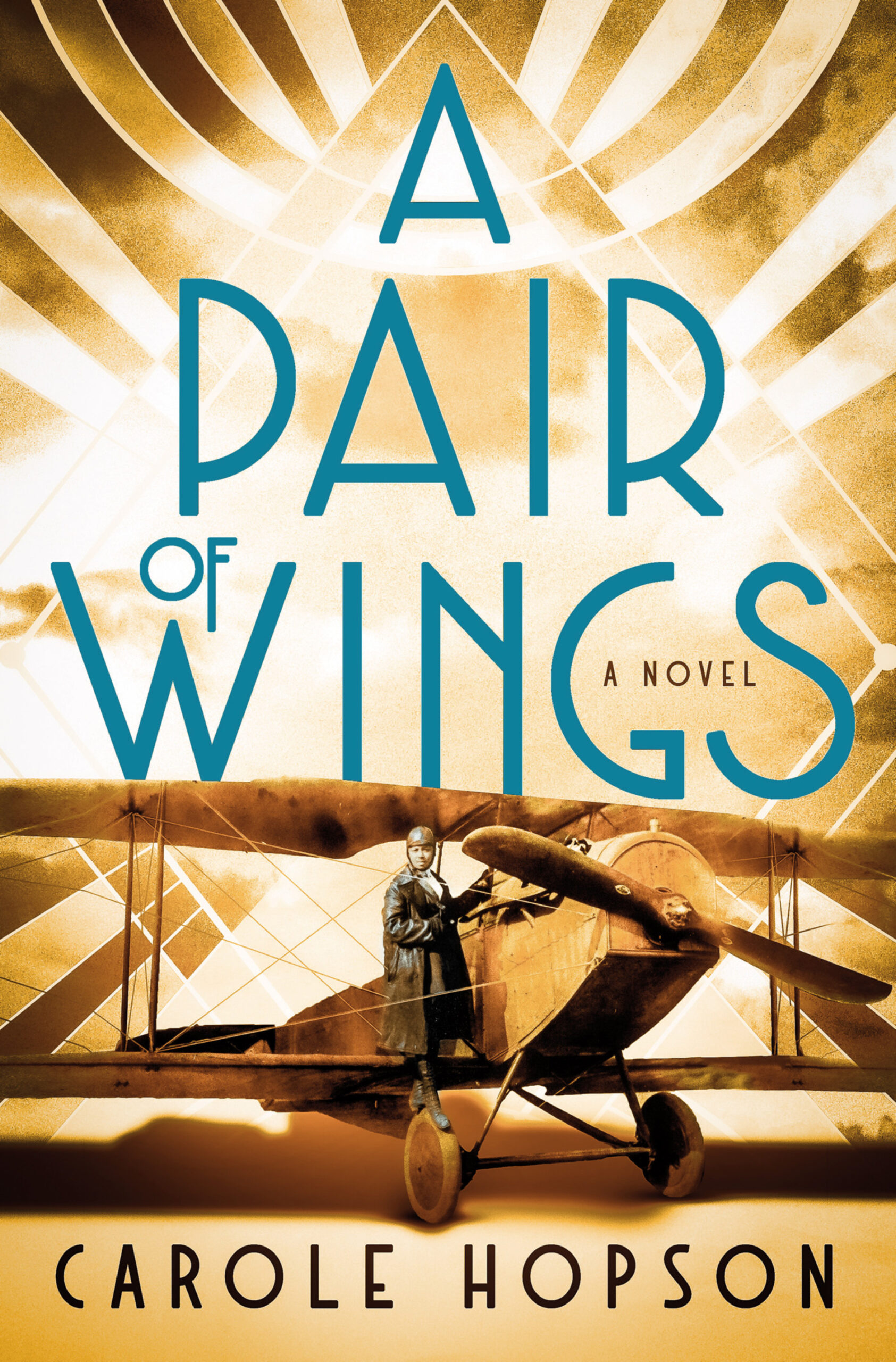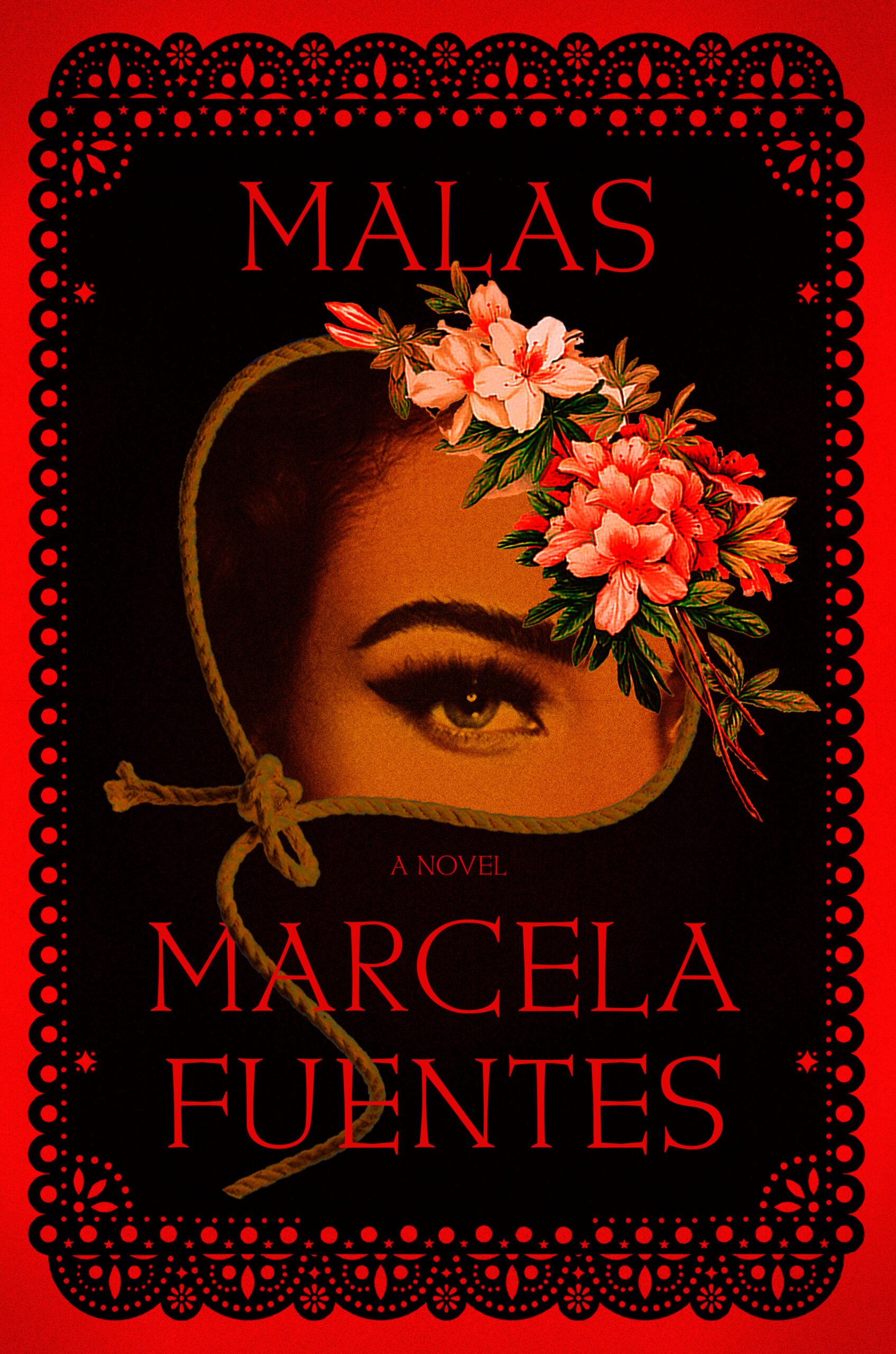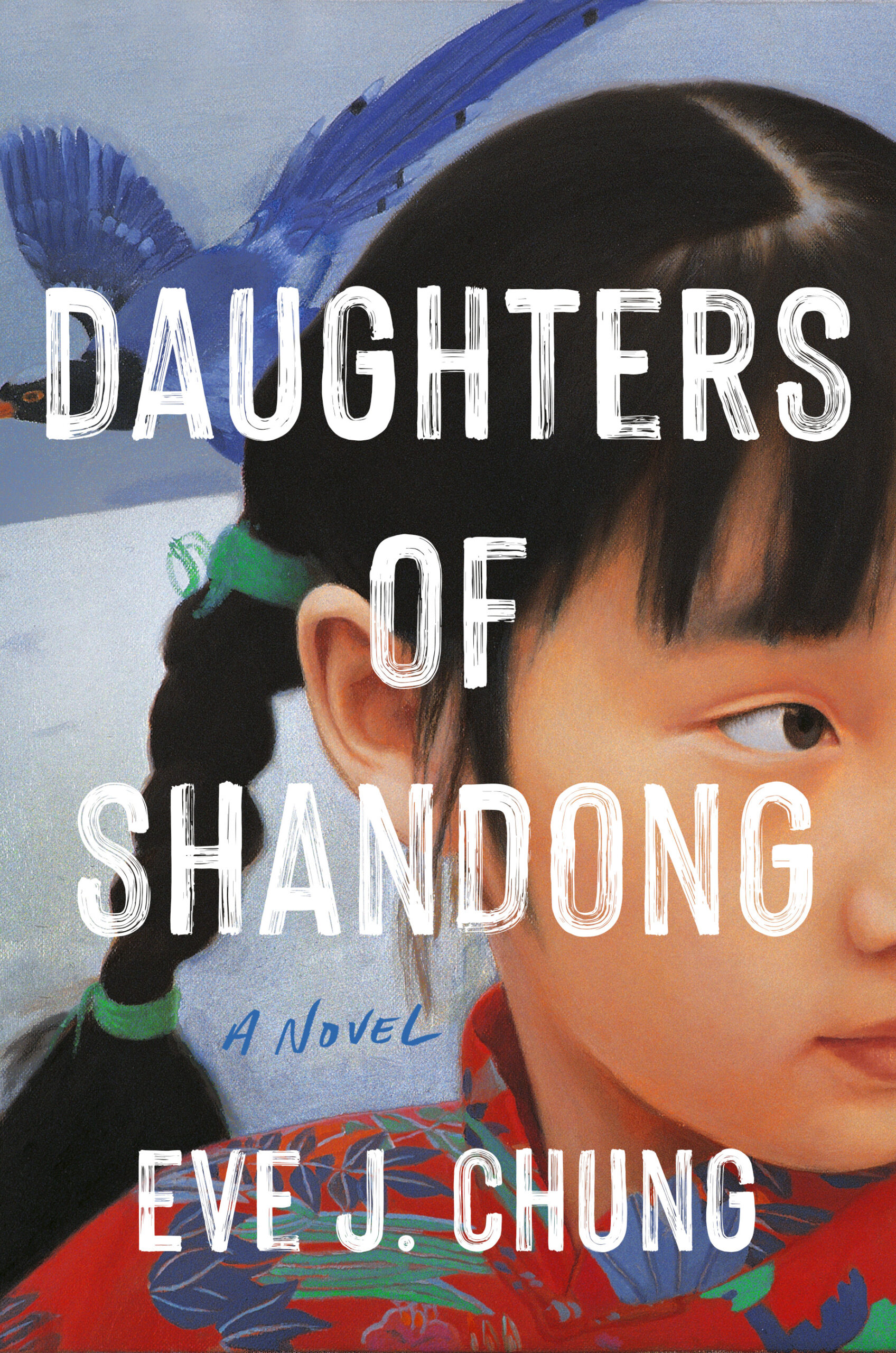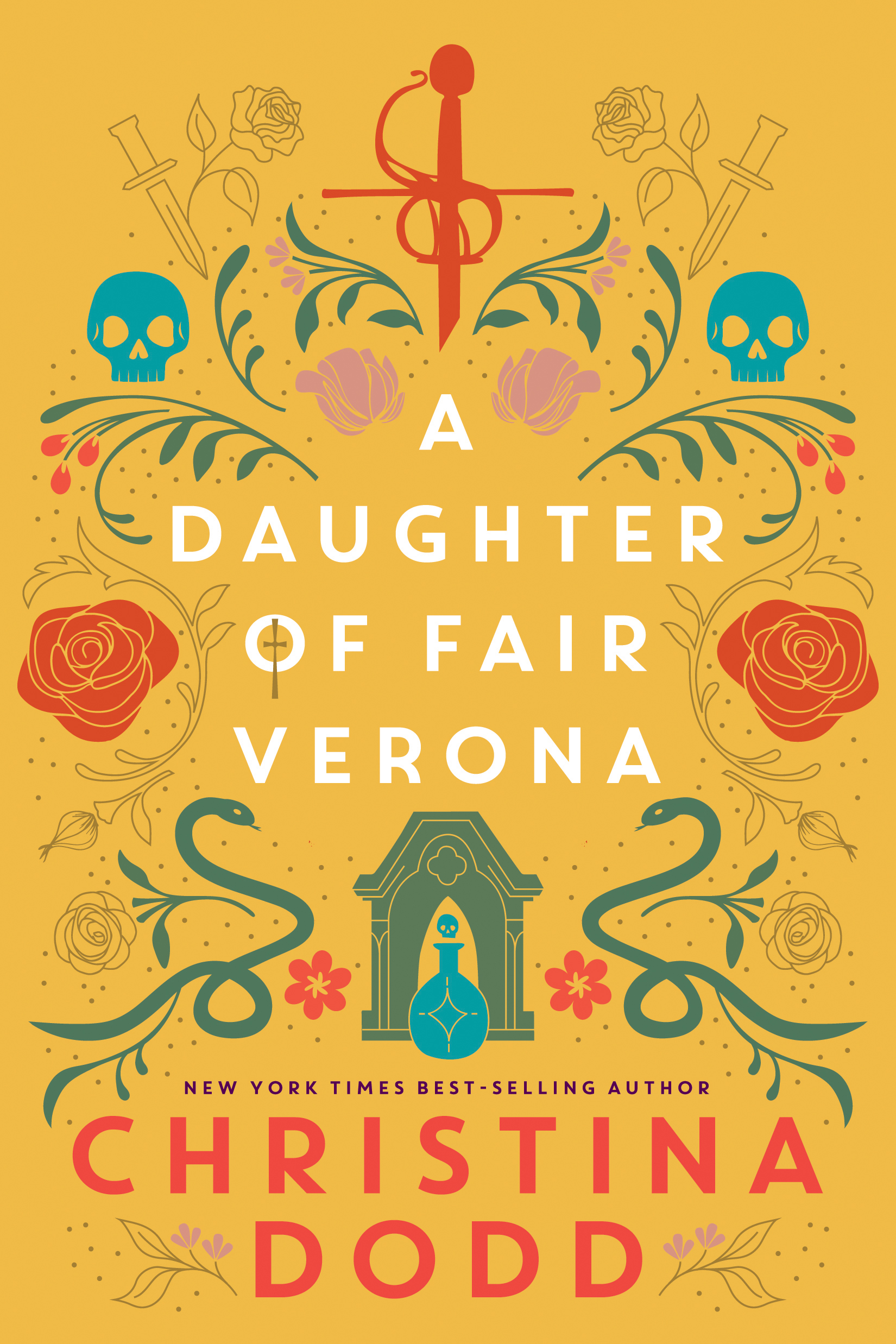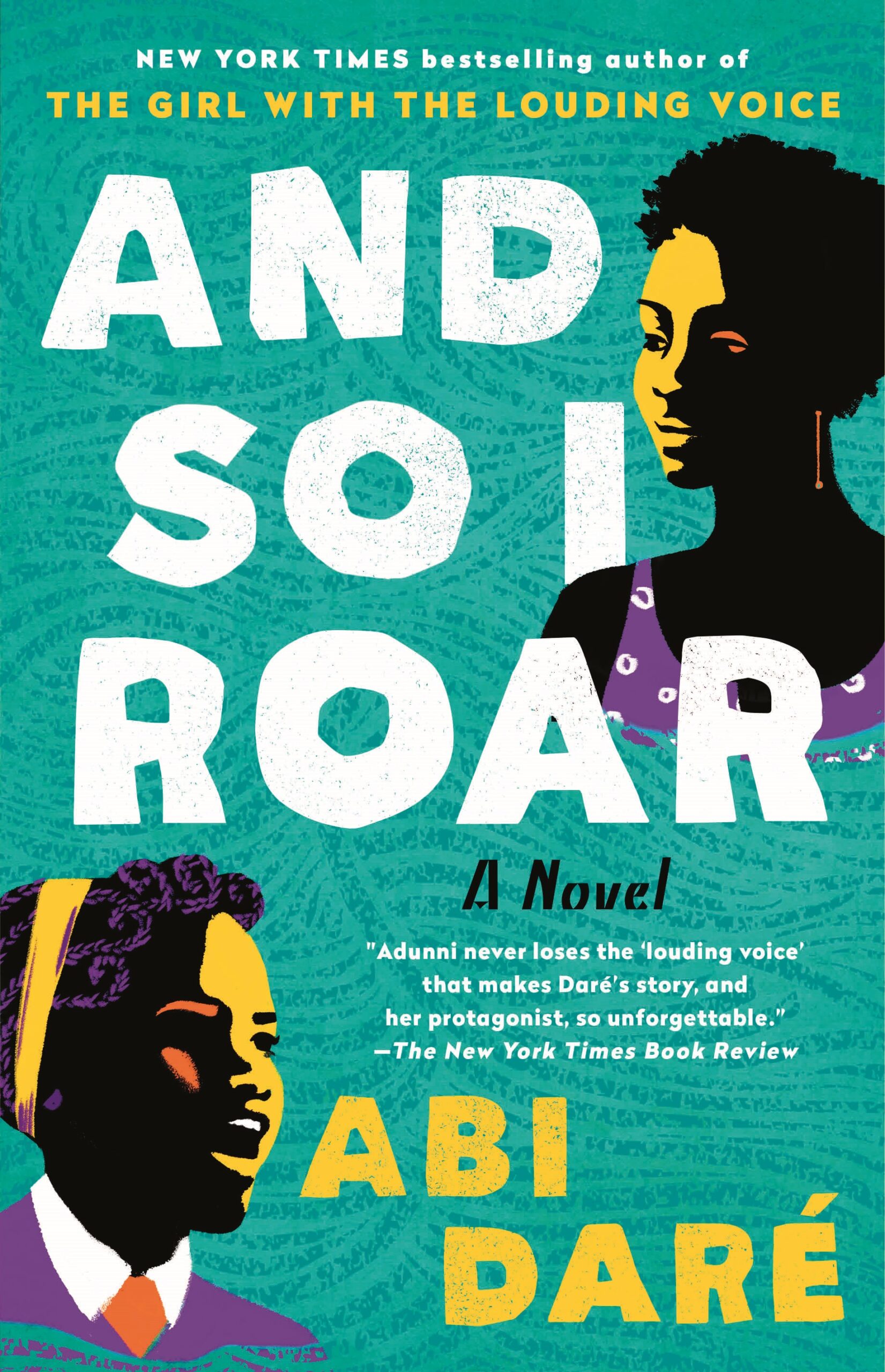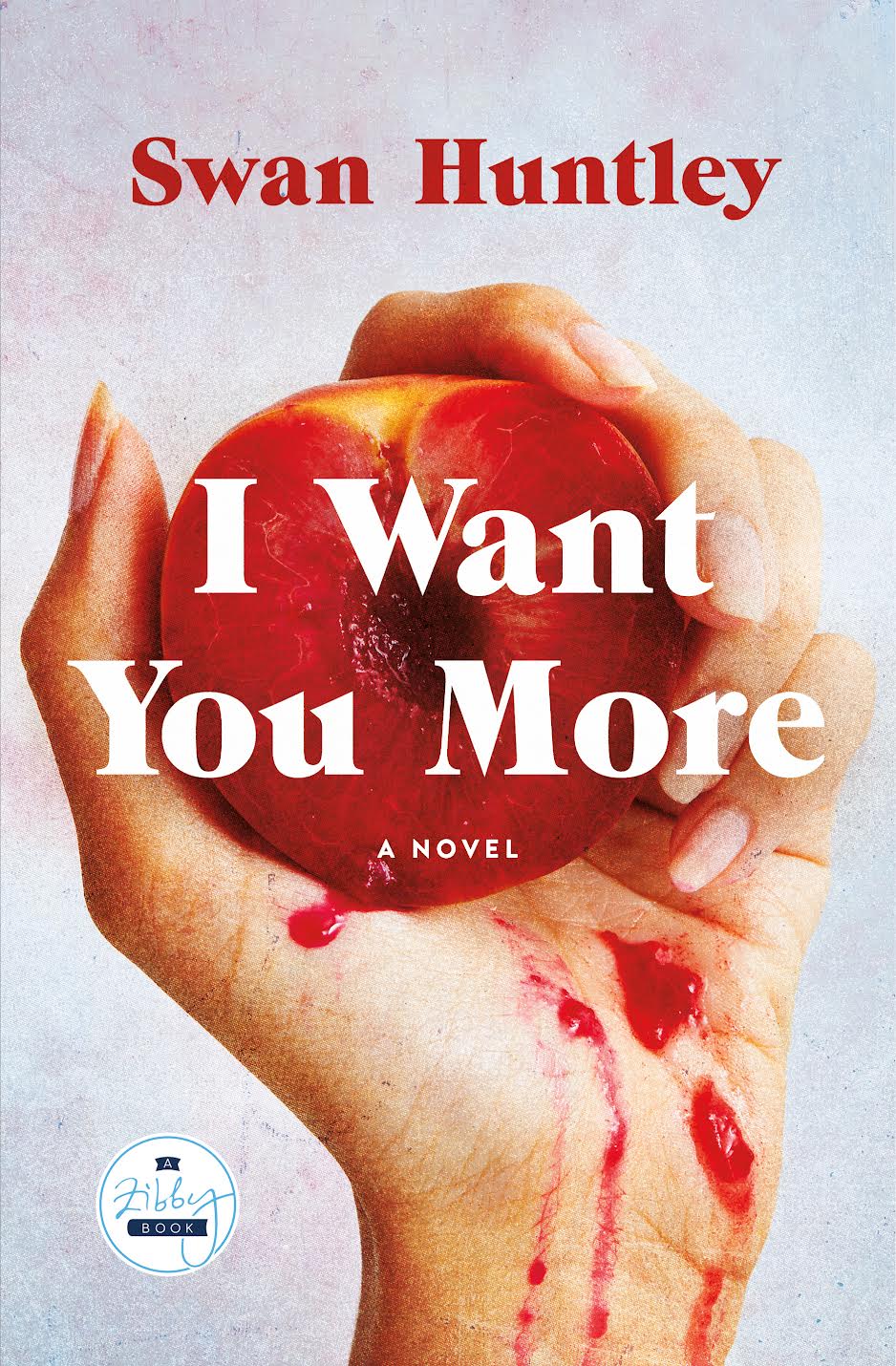With a masterful command of storytelling, Ricks deftly narrates the movement’s triumphs and defeats. He follows King and other key figures from Montgomery to Memphis, demonstrating how the philosophy of nonviolence encompassed active and even aggressive methods of confronting the Movement’s adversaries, both on the ground and in the court of public opinion. While bringing legends such as Fannie Lou Hamer and John Lewis into new focus, Ricks also highlights lesser-known figures who played critical roles in fashioning nonviolence into a potent weapon—the activists James Lawson, James Bevel, Diane Nash, and Septima Clark foremost among them. He also offers a new understanding of the Movement’s later difficulties as internal disputes and white backlash intensified. Rich with fresh interpretations of familiar events and overlooked aspects of America’s civil rights struggle, Waging a Good Waris an indispensable addition to the literature of racial justice and social change—and one that offers vital lessons for our own time.
Archives
Cult Classic
One night in Chinatown: Our heroine, Lola, is at a work reunion dinner with her former colleagues when she ducks out to buy cigarettes and runs into an ex-boyfriend. And then . . . another. And another. The city is suddenly awash with ghosts of heartbreaks past, and what would normally pass for a coincidence becomes something much stranger. The soon-to-be-married Lola must contend not only with the viability of her current relationship but with the fact that both her best friend and her former boss, a magazine editor turned guru, might have an unhealthy, ahem, investment in the outcome. Memories of the past swirl and converge in mystical ways both comic and eerie as Lola is forced to decide if she will buy into romance, and possibly into a weird startup-slash-cult.
Two Nights in Lisbon
Ariel Price wakes up in Lisbon, alone. Her husband is gone—no warning, no note, not answering his phone. Something is wrong.
She starts with hotel security, then the police, then the American embassy, at each confronting questions she can’t fully answer: What exactly is John doing in Lisbon? Why would he drag her along on his business trip? Who would want to harm him? And why does Ariel know so little about her new—much younger—husband? The clock is ticking. Ariel is increasingly frustrated and desperate, running out of time, and the one person in the world who can help is the one person she least wants to ask. Tautly wound and expertly crafted, Two Nights in Lisbon is a riveting thriller about a woman under pressure, and how far she will go when everything is on the line. With sparkling prose and razor-sharp insights, bestselling author Chris Pavone delivers a stunning and sophisticated international thriller that will linger long after the surprising final page.
A Tiny Upward Shove
Marina Salles’s life does not end the day she wakes up dead. Instead, in the course of a moment, she is transformed into the stuff of myth, the stuff of her grandmother’s old Filipino stories—an aswang. She spent her life on the margins, knowing very little about her own life, let alone the lives of others; she was shot like a pinball through a childhood of loss, a veteran of Child Protective Services and a survivor, but always reacting, watching from a distance. Death brings her into the hearts and minds of those she has known—even her killer—as she is able to access their memories and to see anew the meaning of her own. In the course of these pages she traces back through her life, finally able to see what led these lost souls to this crushingly inevitable conclusion.
In A Tiny Upward Shove, Melissa Chadburn charts the heartbreaking journeys of two of society’s cast-offs as they find their way to each other and their roles as criminal and victim. What does it mean to be on the brink? When are those moments that change not only our lives but our very selves? And how, in this impossible world, can we rouse ourselves toward mercy?
Luster
Edie is stumbling through her twenties sharing a subpar apartment in Bushwick, clocking in and out of her admin job, making a series of inappropriate sexual choices. She’s also, secretly, haltingly figuring her way into life as an artist. And then she meets Eric, a digital archivist with a family in New Jersey, including an autopsist wife who has agreed to an open marriage—with rules. As if navigating the constantly shifting landscapes of contemporary sexual manners and racial politics weren’t hard enough, Edie finds herself unemployed and falling into Eric’s family life, his home. She becomes a hesitant friend to his wife and a de facto role model to his adopted daughter. Edie is the only black woman young Akila may know.
Razor-sharp, darkly comic, sexually charged, socially disruptive, Raven Leilani’s Luster is a portrait of a young woman trying to make sense of her life in a tumultuous era. It is also a haunting, aching description of how hard it is to believe in your own talent and the unexpected influences that bring us into ourselves along the way.
Fraternity
In a Massachusetts college town, ancient letters inscribe a dilapidated colonial: Delta Zeta Chi. Cross the litter-strewn lawn and follow the sound of virtual gunfire to find a group of friends shooting the breeze. Among them stands Nutella, the Apollonian Chapter president; Oprah, the effeminate reader; Five-Hour, Buckhunter, Pizza Hut, and the girl they call God. The house might appear cramped, but the brothers know that to be inside is everything.
Fraternity celebrates the debauched kinship of boys straddling adolescence and adulthood: the drunken antics, elaborate posturing, and solemn confessions that mark their first years away from home. Beneath each tender episode lies the dread of exclusion. The closeted Oprah’s hero worship gives way to real longing. A navy veteran advises on new initiation strategies, revealing an uneasy kinship between hazing and torture. And the shadow of assault hovers over every sexual encounter.
Voiced by an off-kilter chorus of the young and desperate to belong, Benjamin Nugent’s provocative collection yanks the fraternity door off its hinges, daring us to peer inside with amusement, horror, and also with love.
Sharks in the Time of Saviors
In 1995 Kailua-Kona, Hawaii, seven-year-old Nainoa Flores falls overboard into the Pacific. When a shiver of sharks appears in the water, everyone fears for the worst. But Noa is gingerly delivered to his mother in the jaws of a shark, marking his story as the stuff of legends.
Noa’s family, struggling amid the collapse of the sugarcane industry, hails his rescue as a sign of favor from ancient Hawaiian gods. But as time passes, this divine favor gives way to financial realities, forcing Noa, his older brother, Dean, and his younger sister Kaui to chase opportunities across the mainland United States, where they long for the spirit of home. When supernatural events revisit the family—with tragic consequences—everyone is forced to reckon with the desire to belong, to rescue, and to not disappear.
Unfollow
A memoir of the author’s experiences growing up in and deciding to leave the Westboro Baptist Church, presented as a series of linked essays.
The Topeka School
From the award-winning author of 10:04 and Leaving the Atocha Station, The Topeka School is a tender and expansive family drama set in the American Midwest at the turn of the century. It follows Adam Gordon, a senior at Topeka High School and a renowned debater; his mother, Jane, a famous feminist author; his father, Jonathan, an expert at getting ‘lost boys’ to open up; and his fellow senior, Darren, a loner and, unbeknownst to Adam, one of his father’s psychiatric patients. Deftly shifting perspectives and time periods, The Topeka School is the story of a family: Jane’s reckoning with the legacy of an abusive father, Jonathan’s marital transgressions, the challenge of raising a good son in a culture of toxic masculinity. It is also a riveting prehistory of the present: the collapse of public speech, the trolls and tyrants of the New Right, and the ongoing crisis of identity among white men.
Stay and Fight
Helen arrives in Appalachian Ohio full of love and eager to carry out her boyfriend’s ideas for living off the land. Too soon, with winter coming, her boyfriend calls it quits. Helped by Rudy, her government-questioning, wisdom-spouting, seasonal-affective-disordered boss, and a neighbor couple, Helen makes it to spring. But Karen and Lily are expecting their first child, a boy, which means their time at the Women’s Land Trust is over. So Helen invites the new family to throw in with her—they’ll split the work and the food, build a house, and make a life that sustains them, if barely, for years. Then young Perley decides he wants to go to school. And Rudy sets up a fruit-tree nursery on the pipeline easement edging their land. Soon, the outside world is brought clamoring into their makeshift family.
Set in a region known for its independent spirit, Madeline ffitch’s Stay and Fight shakes up what it means to be a family, to live well, to make peace with nature and make deals with the system. It is a protest novel that challenges the viability of strategic action. It is a family novel that refuses to limit the possibilities of love. And it is a debut that both breaks with tradition and celebrates it.
A rightful heir to great American novels from A Confederacy of Dunces to The Grapes of Wrath to LaRose, Stay and Fight takes you, laughing and thinking, into a new understanding of the American landscape and what it means to be free.


